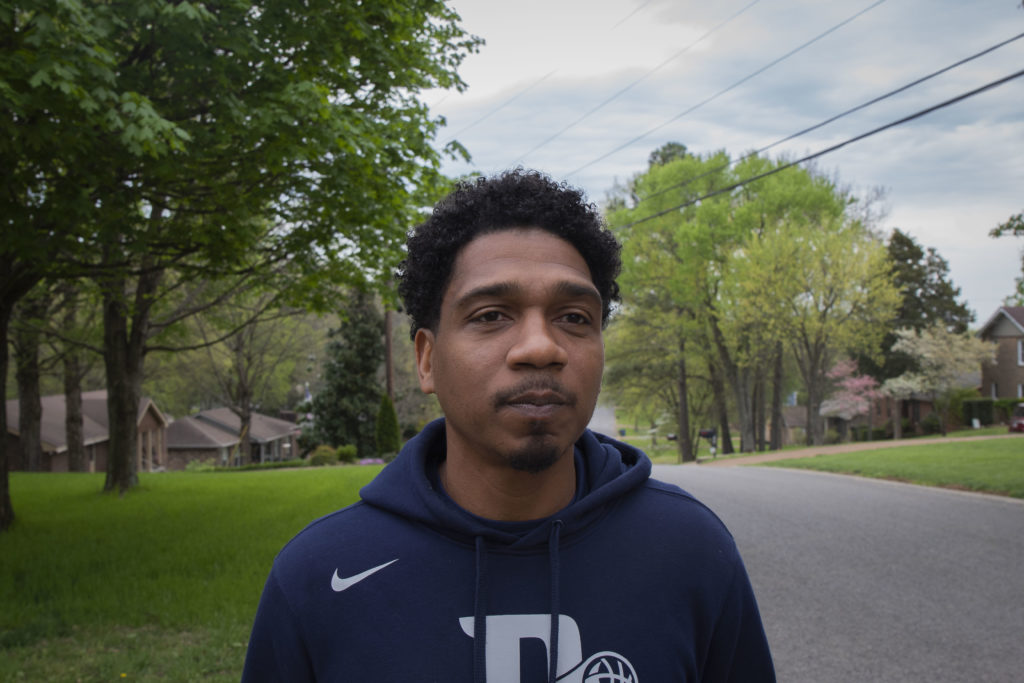
Entrepreneur Ahmad Harden has been running a moving business since 2017. Last year, his business started to slow down because of the COVID-19 pandemic. One of the few sources of business has been from people being evicted from their homes.
Harden is trying not to dwell on the fact that their evictions mirror his own hardship.
“It wasn’t like I had a chance to plan anything where I store my things at the very least,” he says. “So I’ve been like basically squirreling, you know. Well, you don’t rest on the branch too heavily. You just kind of go back and forth until I get my situation settled.”
So, for now he’s been staying with different people in his support network.
“This is something that’s affecting the globe,” Harden says. “So other people, they don’t have extra, they don’t have more, they don’t have room. A lot of them. And some of them are worried about, you know, how this situation is going to be. You know, they don’t even have a place to lay their head out within a span of a few months.”
In Nashville at least 68 residents have been evicted since January, and in 2020, 865 people were put out of their homes. That’s despite the Centers for Disease Control and Prevention’s eviction moratorium and a local housing court working to keep people in their homes. Last month the federal eviction protection was extended until June 30.
Studies have found evictions spread COVID-19 and the outcome could be more deaths from the disease. But the CDC’s moratorium is tricky because it’s not automatic and requires a renter know and take steps to activate the protection.
Even Legal Aid lawyer Kerry Dietz has had to devote hours to tracking and understanding what protections are available, who’s eligible and what residents need to protect themselves.
“No one is enforcing the penalties in the CDC eviction moratorium order,” she says. “There are hefty criminal and monetary penalties that can attach to landlords who violate the order. But there’s no state, local, federal agency — anybody — that’s been enforcing those.
Dietz says landlords have been shutting off utilities, locking people out or harassing people to get them to move.
“A lot of what we call self-help evictions or illegal evictions,” Dietz says. “Landlords basically trying to force tenants out without having to go through the court process. And that’s against the law. But again, a lot of tenants don’t know that.”
Landlords can’t force residents to move out unless they’ve gone to court and gotten a final judgment. After that, it takes 10 days for the landlord to get a ‘writ of restitution,’ which is a legal document saying it’s fine to force someone out with officers from the sheriff’s department there.
In the meantime, residents that have a good relationship with their landlord can try working out a deal to make partial payments, Dietz says. If that isn’t possible, reaching out to organizations like United Way or Legal Aid as soon as possible can help try to get a more favorable outcome.

